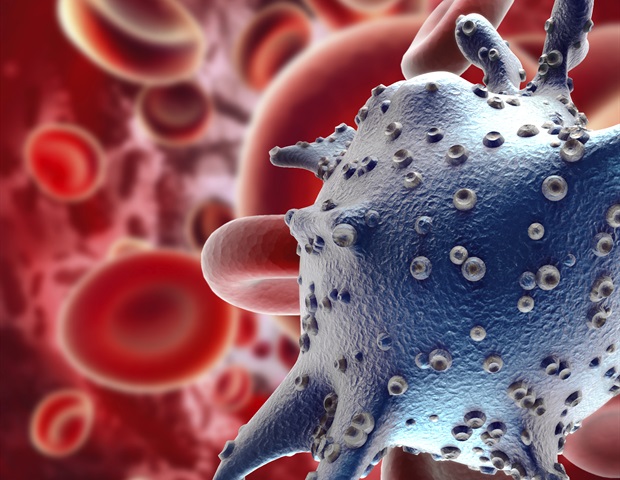Transgender women are still at risk for prostate cancer. A new study led by Cedars-Sinai Cancer investigators, published in the peer-reviewed Journal of the American Medical Association, concludes that current screening guidelines could miss early-stage prostate cancer in transgender women on hormone therapy. The prostate, a small gland that helps make semen, also produces a protein called prostate-specific antigen , or PSA.
Blood levels of PSA tend to be elevated in people who have prostate cancer, and the PSA test, which measures those levels, is a common prostate cancer screening tool. Many transgender women take estrogen as part of their gender-affirming care. This drastically lowers PSA levels, which could mean the threshold we are using as 'normal' is too high to detect early-stage cancer in these patients.

We undertook this study to determine typical PSA values for this population so that we can screen them more appropriately." Stephen Freedland, MD, the Warschaw, Robertson, Law Families Chair in Prostate Cancer at Cedars-Sinai and senior author of the study According to current guidelines, PSA levels above 4.0 nanograms per milliliter of blood (ng/mL) suggest cancer could be present, and that additional investigation, such as a prostate biopsy, is needed.
"In the study, we used Veterans Health Administration records to identify 210 transgender women without known prostate cancer who were taking estrogen," said Farnoosh Nik-Ahd, MD, a urology resident at the University.























